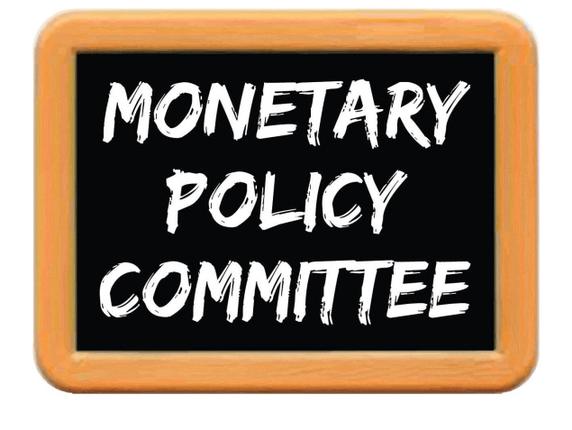

By Ashwini Agarwal
First publised on 2021-04-08 05:31:46
The Monetary Policy Committee of the RBI has decided to maintain status quo and keep the key rates unchanged while continuing to maintain an accommodative stance despite inflation not being in the comfort zone. This, the MPC felt, is necessary to ensure the growth of the pandemic-ravaged economy. The MPC has rightly deduced that the inflation being witnessed now is temporary and is due to the high prices of commodities in the global market and logistic constraints. It feels that this cost-push inflation will subside once commodity prices ease, as crude prices have already started showing a downward trend.
The two other big issues that the MPC tackled was ensuring a fair amount of liquidity in the system and not allowing bond yields to rise to very high levels. The RBI has decided to buy Rs 1 lakh crore worth of g-sec from banks in the first quarter of FY 2022. This measure will keep bond yields in check while providing liquidity to banks. This will provide additional liquidity to banks to lend to priority sectors and boost growth.
The RBI has also decided to provide additional liquidity support to financial institutions such as NABARD, SIDBI and NHB in a series of specific measures. This will provide much-needed boost to agriculture, small enterprises and housing. The policy decision to provide credit to the agriculture sector will boost growth in the one sector that has consistently performed well despite lockdowns.
In another good move, the RBI decided to form a committee to work out the role and functions of asset management companies. This is a much needed reform as with a bad bank on the cards and the need to provide impetus to the IBC and resolution of stressed assets, it needs to be properly defined what role asset management companies will play in redeployment of such assets.











